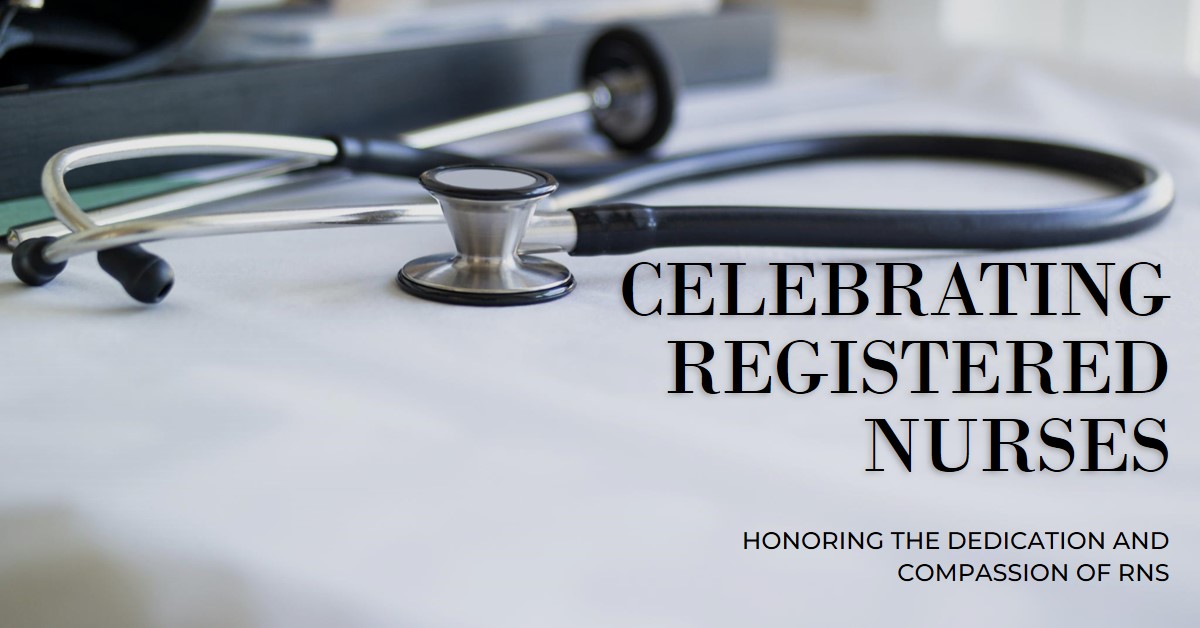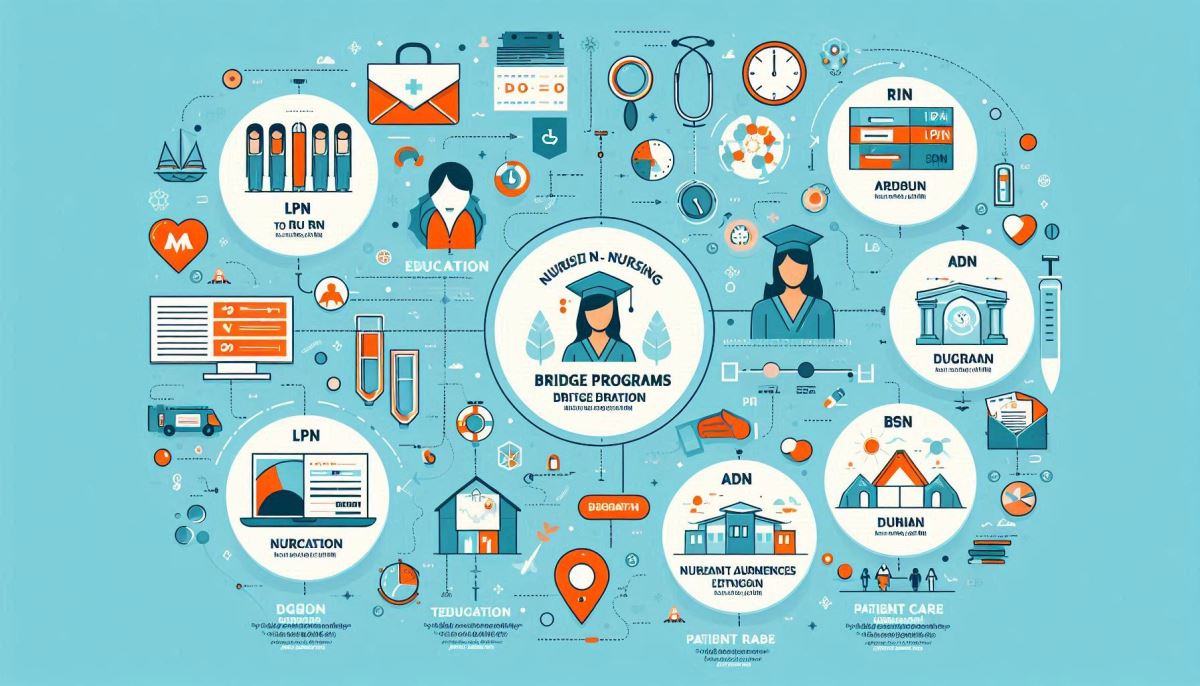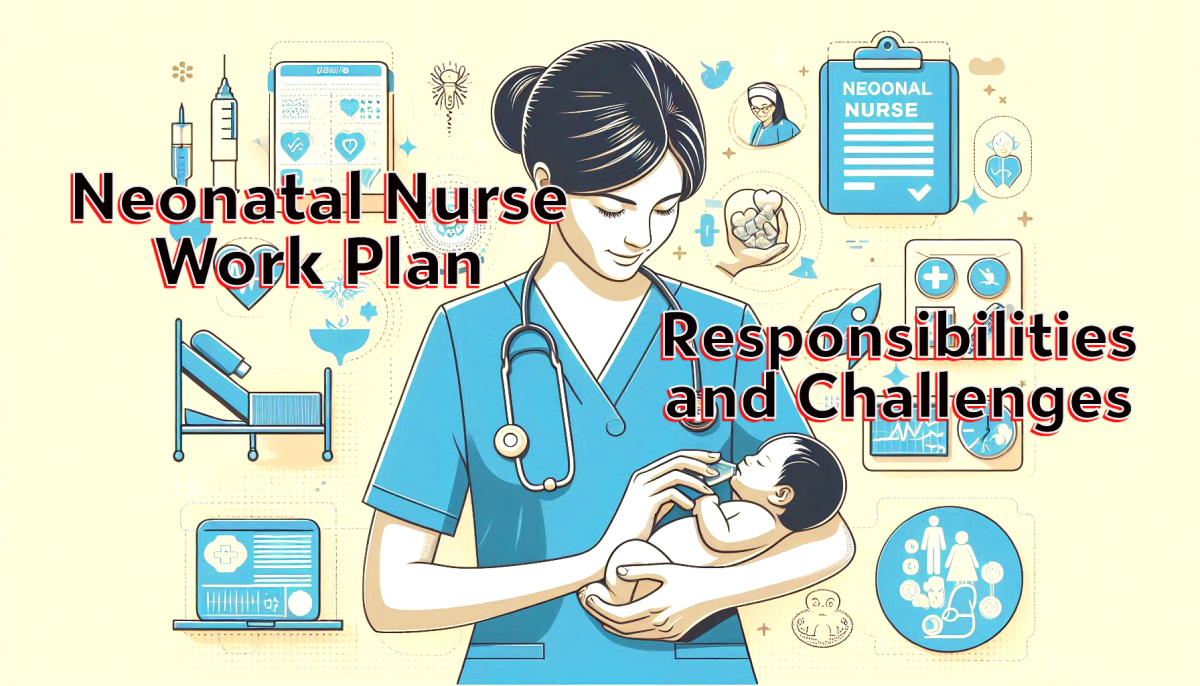A Registered Nurse (RN) is a vital part of the healthcare system, responsible for providing patient care, educating patients about health conditions, and collaborating with doctors and other healthcare professionals.
RNs can work in various settings, including hospitals, clinics, schools, and community health organizations.
What does RNs mean in nursing?
In nursing, “RNs” stands for Registered Nurses. These are healthcare professionals who have completed the necessary education and licensing requirements to provide patient care, administer medications, and coordinate health services.
RNs typically hold an associate or bachelor’s degree in nursing and must pass a national licensing exam to practice.
They play a critical role in patient assessment, education, and advocacy within healthcare settings.
What is RN exam in nursing?
The RN exam, officially known as the NCLEX-RN (National Council Licensure Examination for Registered Nurses), is a standardized test that assesses the knowledge, skills, and abilities essential for safe and effective nursing practice.
It is a requirement for becoming a licensed Registered Nurse (RN) in the whole world like India, China, Australia, United States and Canada etc.
Key Points about the NCLEX-RN:
- Purpose: The exam ensures that candidates have the competency to provide safe nursing care to patients.
- Content Areas: The test covers various topics, including:
- Safe and effective care environment
- Health promotion and maintenance
- Psychosocial integrity
- Physiological integrity
- Format: The NCLEX-RN uses a computer-adaptive testing format, meaning the difficulty of the questions adjusts based on the test-taker’s performance.
- Eligibility: Candidates must have completed an accredited nursing program (ADN or BSN) before taking the exam.
- Testing Locations: The exam is administered at Pearson VUE test centers across the U.S. and Canada.
- Preparation: Many candidates use review courses, study guides, and practice exams to prepare for the NCLEX-RN.
Passing the NCLEX-RN is a crucial step in becoming a licensed RN and entering the nursing profession.
What is Registered Nurse (RN) used for?
The designation “RN” (Registered Nurse) is used in several key contexts within the healthcare field:
- Licensure and Credentialing: “RN” signifies that a nurse has passed the NCLEX-RN exam and is licensed to practice nursing. It indicates a recognized level of education and competency.
- Patient Care: RNs provide direct care to patients, including administering medications, monitoring vital signs, and assisting with daily activities.
- Assessment and Diagnosis: They assess patients’ health conditions, develop care plans, and collaborate with other healthcare professionals to ensure effective treatment.
- Education: RNs educate patients and their families about health conditions, treatment options, and preventive care.
- Professional Identity: The RN title reflects a nurse’s role within healthcare teams, demonstrating their qualifications and responsibilities in patient care.
- Scope of Practice: RNs perform a variety of tasks, including patient assessment, care planning, medication administration, and patient education. The “RN” designation indicates that a nurse is trained to handle complex clinical situations.
- Specializations: Many RNs pursue further education and certifications in specialized fields, such as critical care, pediatrics, or oncology, using the “RN” title to denote their advanced training.
- Legal and Ethical Responsibilities: The Registered Nurse (RN) designation carries legal responsibilities, including adherence to nursing standards, ethical practice, and patient advocacy.
- Coordination of Care: RNs often coordinate care among various healthcare providers and services to ensure comprehensive treatment.
- Research and Leadership: RNs can also engage in research to improve nursing practices and may take on leadership roles within healthcare organizations.
How do I give my Registered Nurse (RN) exam?
To take the RN (Registered Nurse) exam, typically referred to as the NCLEX-RN (National Council Licensure Examination for Registered Nurses), you can follow these steps:
- Complete an Accredited Nursing Program: You need to earn a degree in nursing (Associate Degree in Nursing or Bachelor of Science in Nursing) from an accredited program.
- Apply for Licensure: After graduating, apply for a nursing license through your state’s nursing board. Each state has its own application process and requirements.
- Register for the NCLEX-RN: Once your application is approved, you’ll receive a registration acknowledgment. You can then register for the NCLEX-RN exam through the National Council of State Boards of Nursing (NCSBN) website.
- Pay the Exam Fee: There’s a fee to take the NCLEX-RN, which varies by state. Make sure to pay this fee during registration.
- Schedule Your Exam: After registering, you’ll receive an Authorization to Test (ATT). Use this to schedule your exam at a Pearson VUE testing center.
- Prepare for the Exam: Study using NCLEX preparation materials, including practice exams, review books, and online resources.
- Take the Exam: On the exam day, arrive at the testing center with the required identification and any necessary documents. The NCLEX-RN is a computer-based test with a variety of question formats.
- Receive Your Results: After taking the exam, you’ll typically receive your results within a few weeks, depending on your state’s process.
- Obtain Your License: If you pass the NCLEX-RN, you’ll receive your nursing license from your state’s nursing board.
Make sure to check the specific requirements and processes for your state, as they can vary. Good luck!





5 thoughts on “Registered Nurse (RN) and the meaning of RN?”